AARP Hearing Center

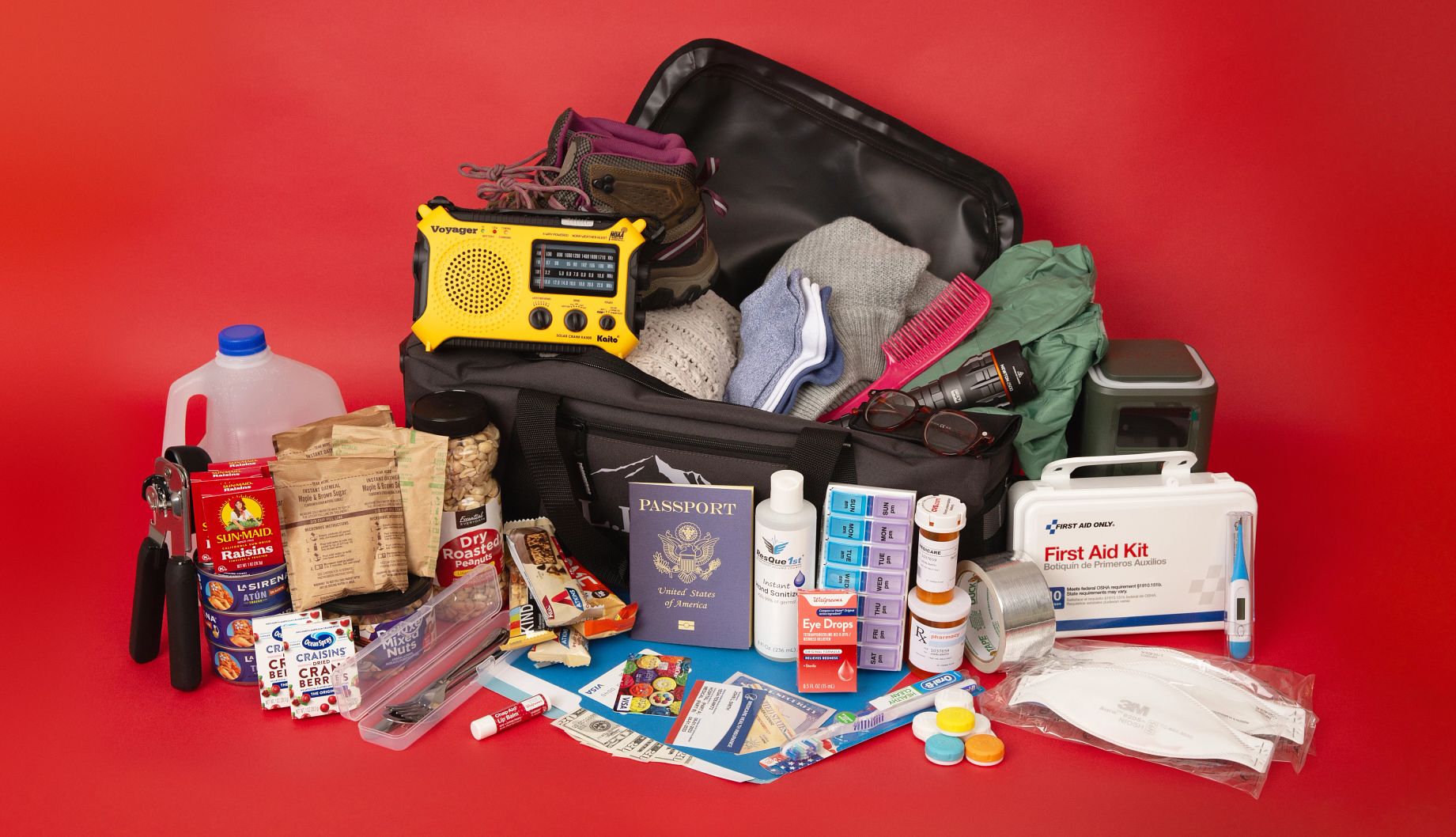
As hurricanes, tornadoes, wildfires, mudslides and floods become more common, people across the country are preparing by keeping a bag packed with what they’ll need to grab if they must leave home in an emergency.
JoAnn Rash realized the need for an emergency go bag after a California friend was forced to evacuate quickly during an earthquake. Rash consulted the American Red Cross for recommendations on a disaster preparedness kit in case she and her family ever have to flee their home in Vancouver, Washington.
She found an oversize backpack with lots of pockets and filled it with essentials, from flashlights and batteries to bottled water. “I felt like we needed to be ready for whatever comes our way,” Rash explains.
Last year was replete with natural disasters with 27 major events including Hurricane Helene which unleashed devasting floods in the mountains of western North Carolina. This year has seen wildfires sweep through Los Angeles neighborhoods, giving some just minutes to escape the flames.
As part of his emergency preparedness, Dick Cooper, 77, has a generator at his home in Sarasota, Florida. The retired journalist says that if he needs to leave unexpectedly, he could pack a bag and be ready within an hour. All of his 300,000 photos and other important information are backed up on a few external hard drives the size of novels, he notes, so he’d just need to grab those, his computer, medication, clothes and a few other items and he’d be ready to go. “It’s like packing three library books and I’m out the door with all my writing and my photography,” Cooper says.
A heightened awareness of natural disasters has led to better disaster preparedness planning, according to Jonathan Sury, senior staff associate at the National Center for Disaster Preparedness, Columbia Climate School at Columbia University. A 2025 University of Michigan poll found that three-quarters of adults over 50 had experienced at least one extreme weather during the past two years.
“Investing time and energy into getting prepared will save a lot of stress and fear when a disaster hits,” Sury says.

































































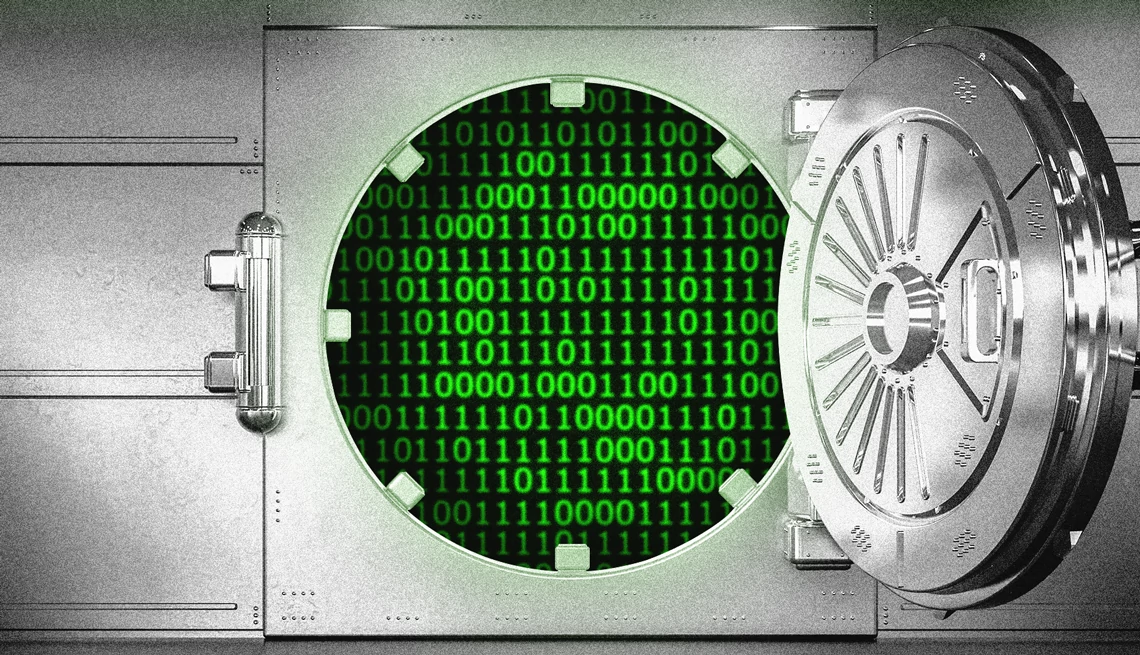
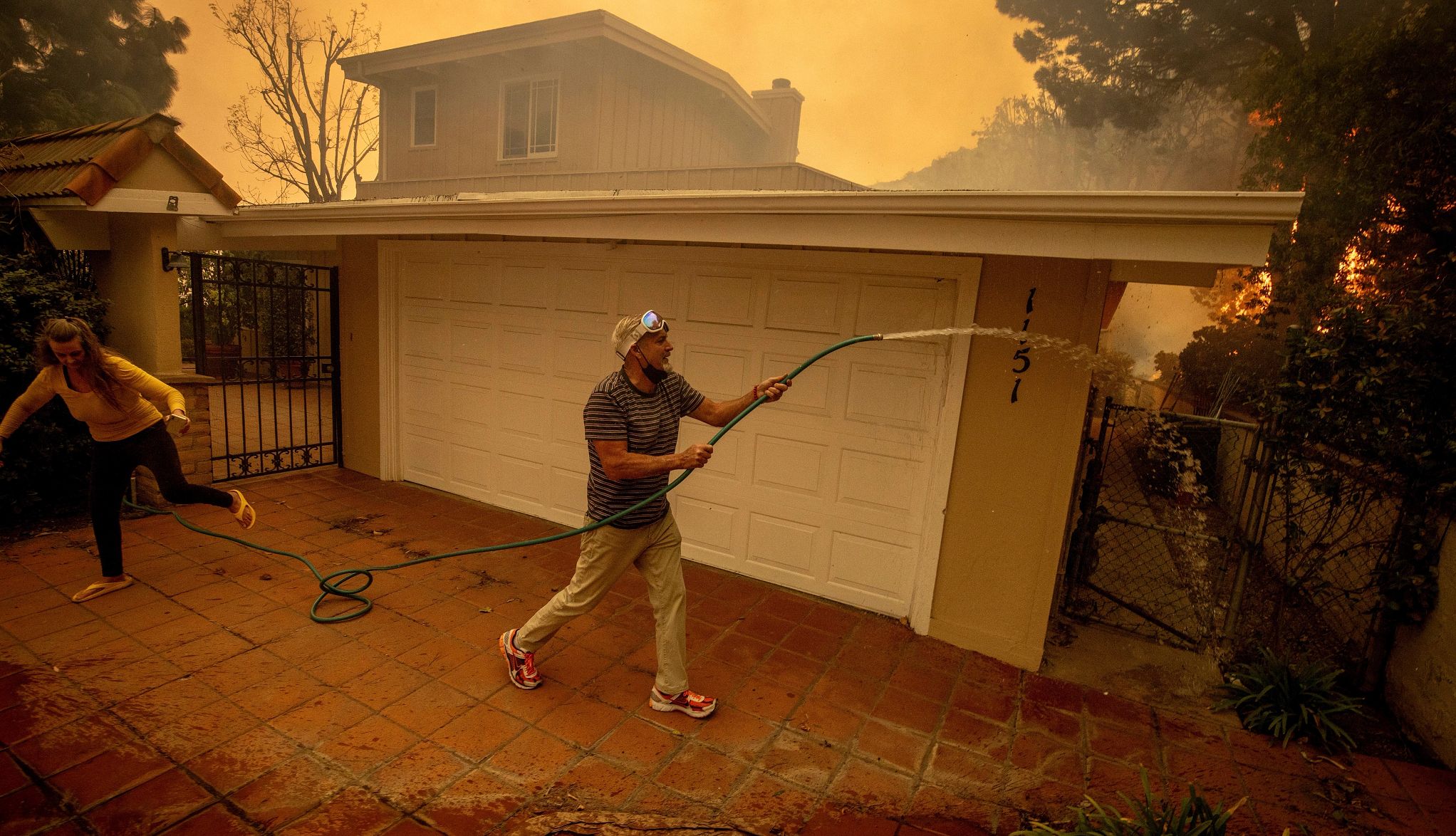

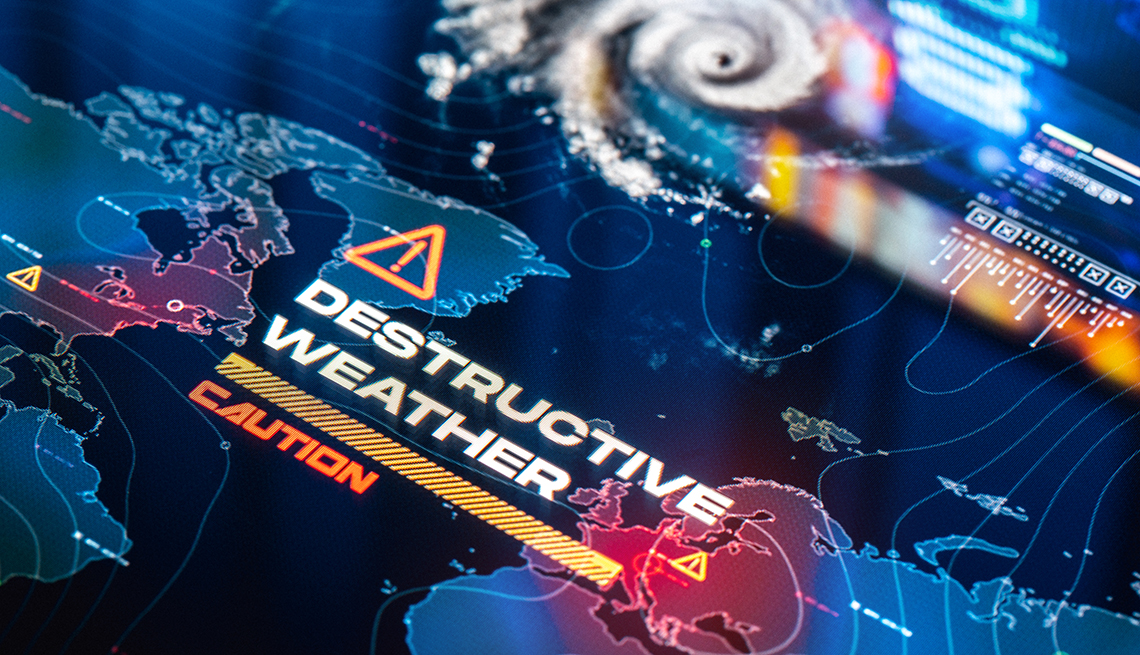
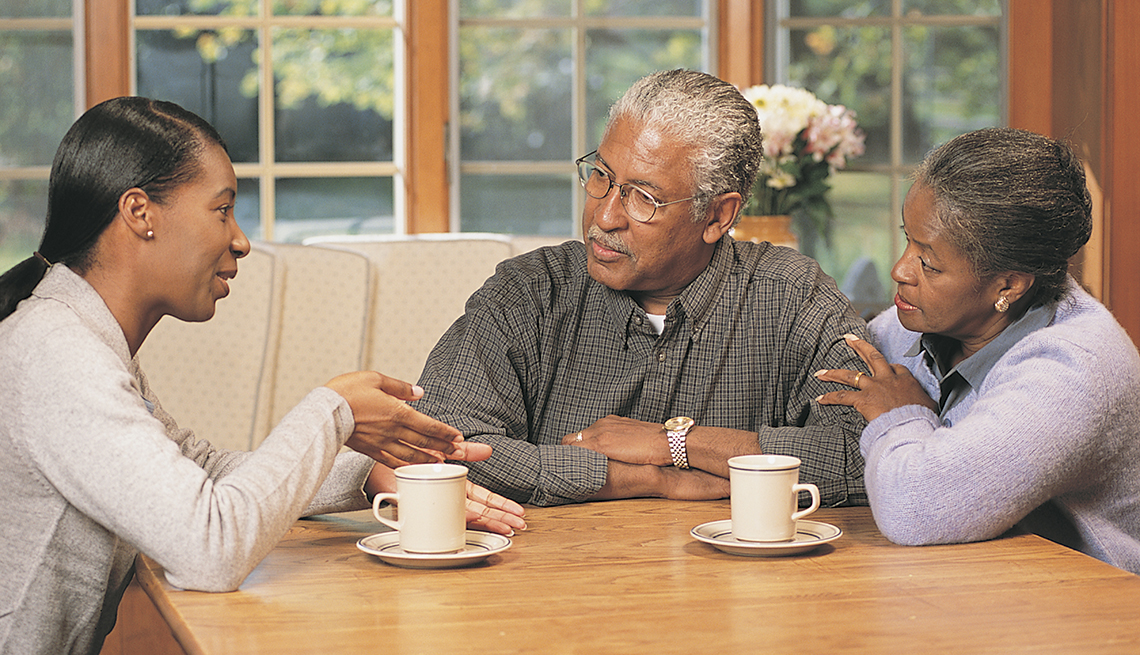
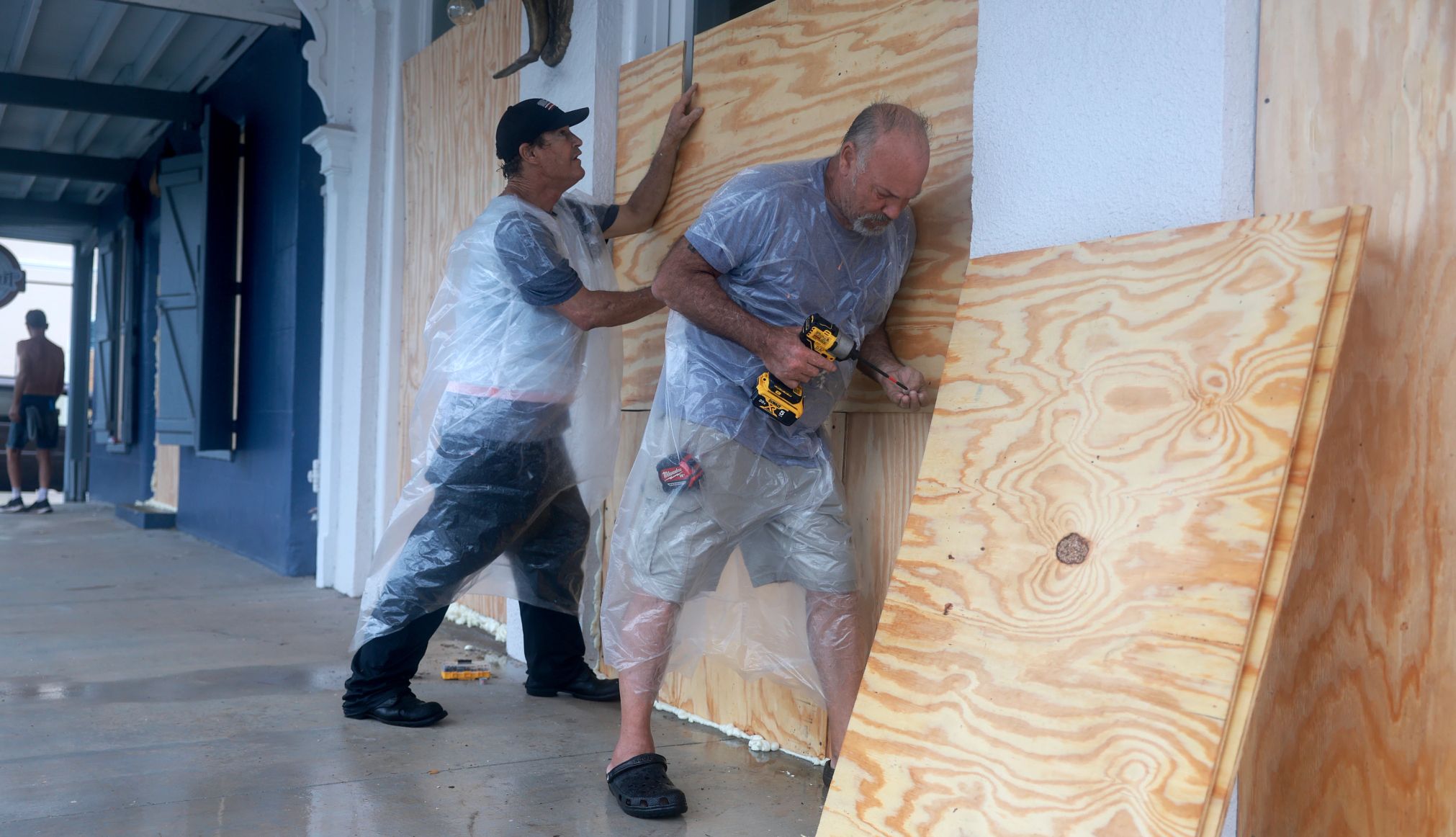




More From AARP
10 Surprising Things You Didn't Know About Safe Deposit Boxes
Still popular among older adults, safe deposit boxes aren’t theft-proof — and some items cannot be stored in them
Does Anyone Use Shortwave Radio Anymore?
Long distance receivers still let you tune in globallyHow to Avoid Disaster Fraud and FEMA Scams
In the wake of natural disasters, scammers may pose as contractors, FEMA officials and other personnel